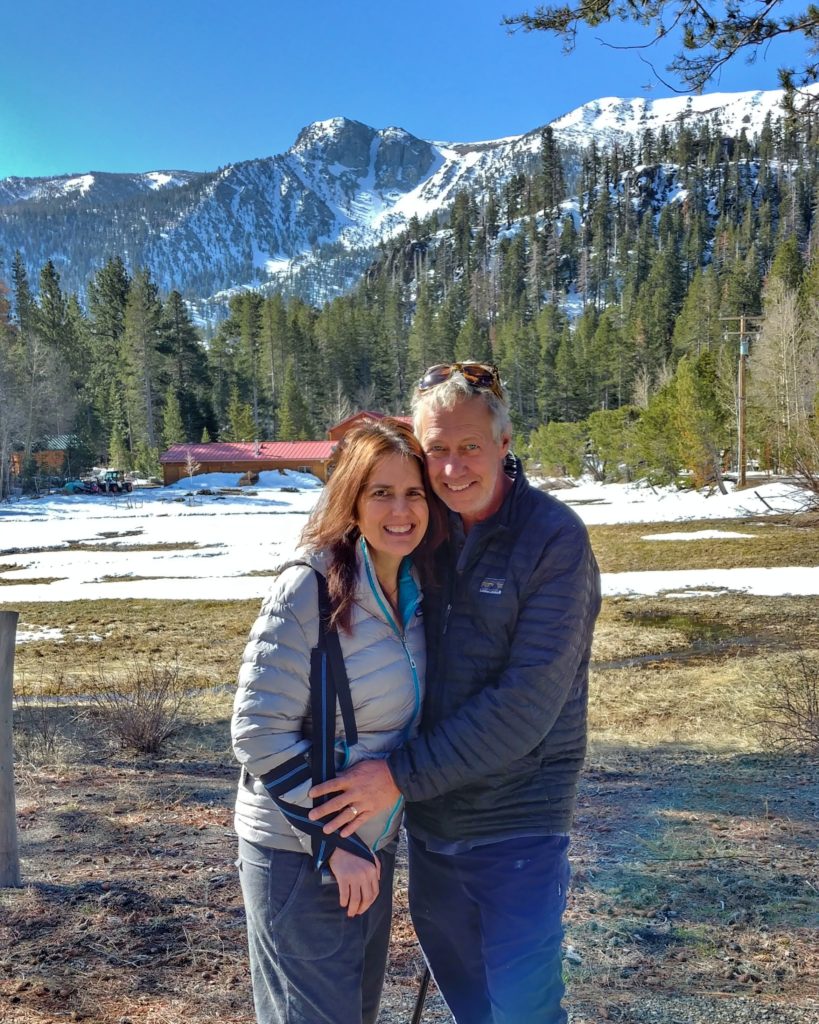Welcome to the Aphasia Threads Project, which weaves together three points-of-view: people with aphasia, caregivers, and the professionals who help each family navigate aphasia. Each week, we bring together three unrelated stories, one from each member of this triad, to learn from their experience. This week, we’re hearing from Doreen, a person with aphasia, who was 48 when she had her stroke. Dave, who is a caregiver for his wife. Finally, we’ll hear from Melinda, a speech-language pathologist at the Stroke and Aphasia Recovery (STAR) Program.

Person with Aphasia
When I was 48 years old, I had a massive ischemic and hemorrhagic stroke. I had to relearn everything such as how to eat and walk.
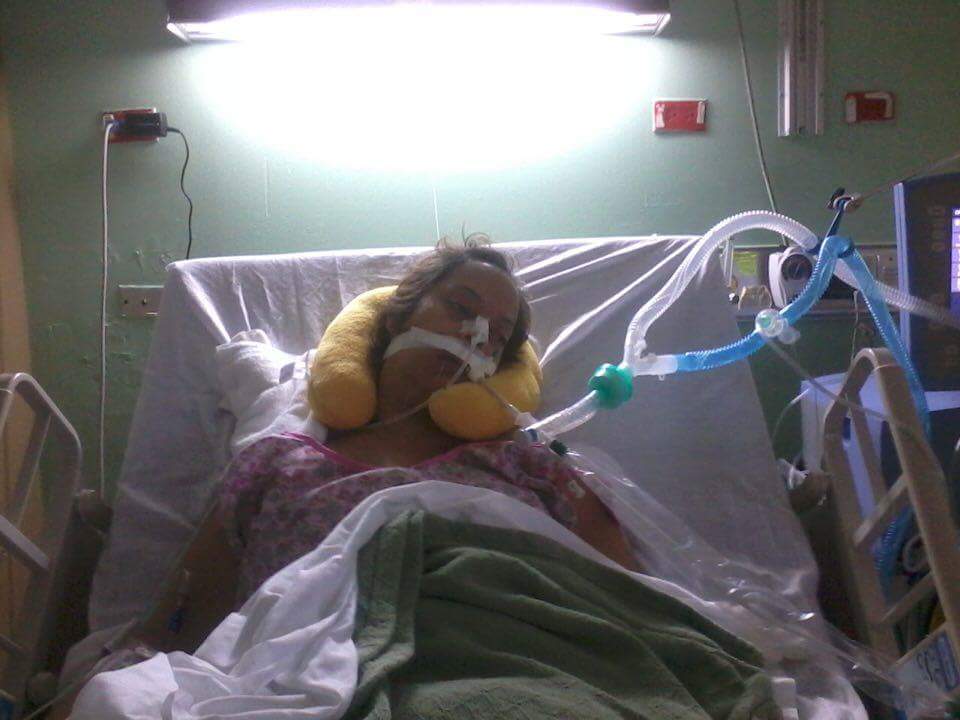
Aphasia Changes Your Life
Aphasia has sadly impacted my whole life. It’s difficult to communicate, numbers are hard, my right side is in constant pain/exhaustion, and I have balance issues. My relationships are minimal, and I lost my career.
But There Are Things That Help
I walk two times each day. I read books and articles on the computer. Music and instruments help, too.
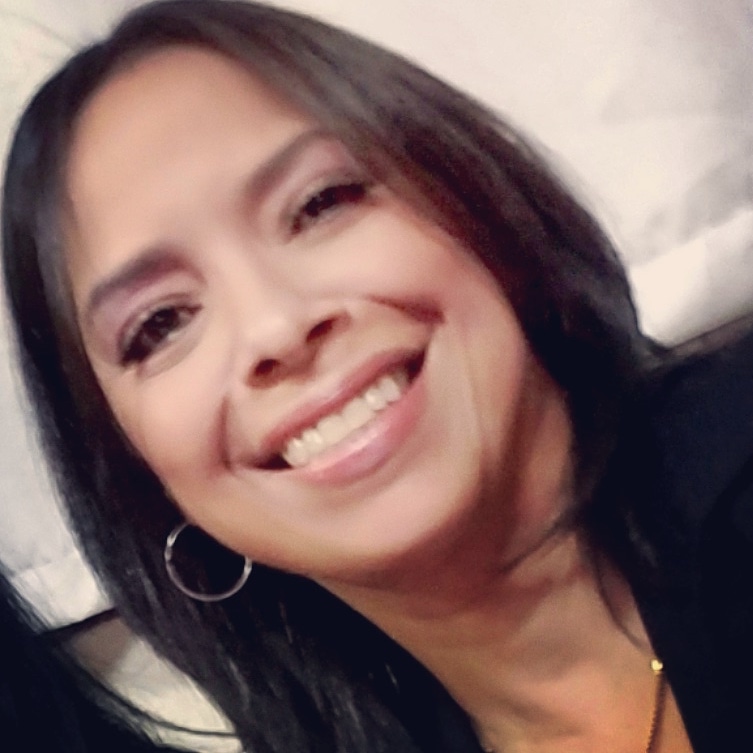
And Things You Learn Along the Way
I learned patience and to never give up. And I learned that I’m grateful to be alive.
What Caregivers and Professionals Can Learn From Me
We are physically there. We hear you, and we understand, too.

Caregiver
Aphasia moved in with us in August of 2017, following my wife’s stroke (or CVA).
Aphasia Changes Your Life
Aphasia thrust me into the role of press agent, interpreter, and social secretary. It is challenging. I participate and play those roles far above my competencies and usual degree of interest. Aphasia gifts me with the opportunity to more deeply and perhaps intimately know and love my intellectual, endearing, brilliant, beautiful wife of thirty years.
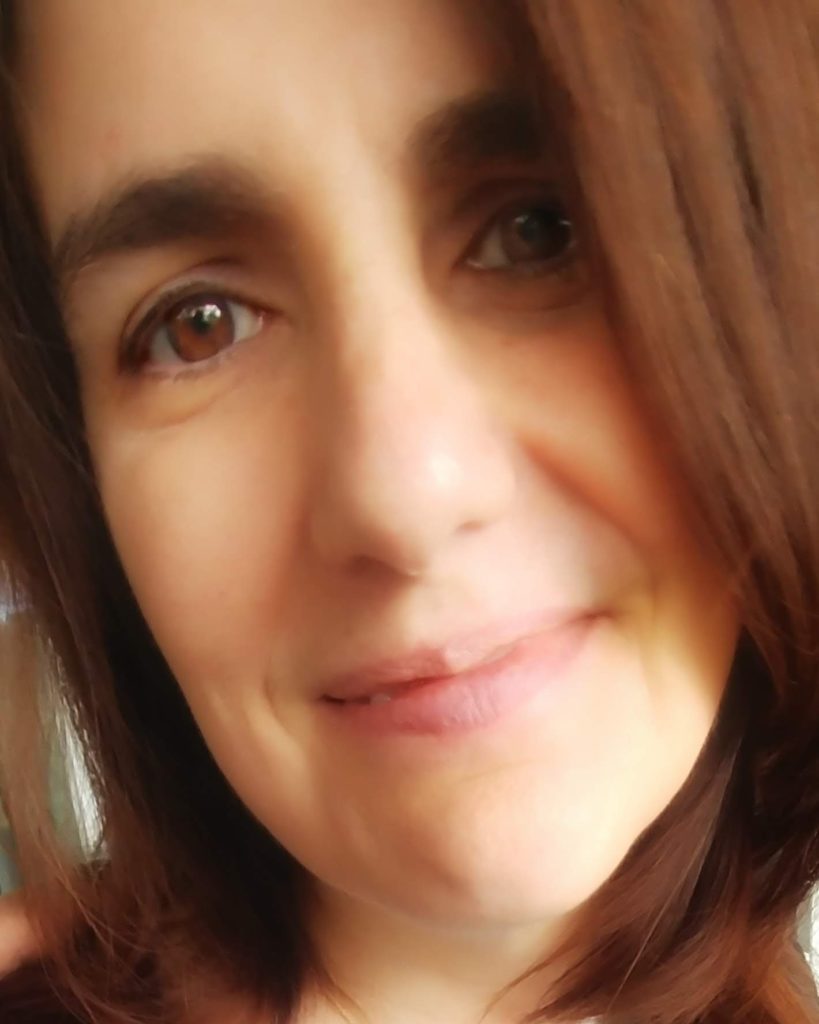
But There Are Things That Help
I want people to speak with my wife directly when she is present and the subject of the conversation. Please don’t address me when you want to talk to her. Just talk directly with her. I understand that I am the person to whom the information is being delivered; you don’t need to add that part.
And Things You Learn Along the Way
Intensive speech therapy and aphasia treatment at UMAP (2 sessions to date and continuing 3x/week telemedicine) has been perfectly suited for my wife and yielded great progress and results. This may be due to her level of motivation to recover. She comes from a high functioning and achieving academic and executive background, and her personality fits with the SLPs on staff. It is truly an incredible program to witness, benefit from, and support.
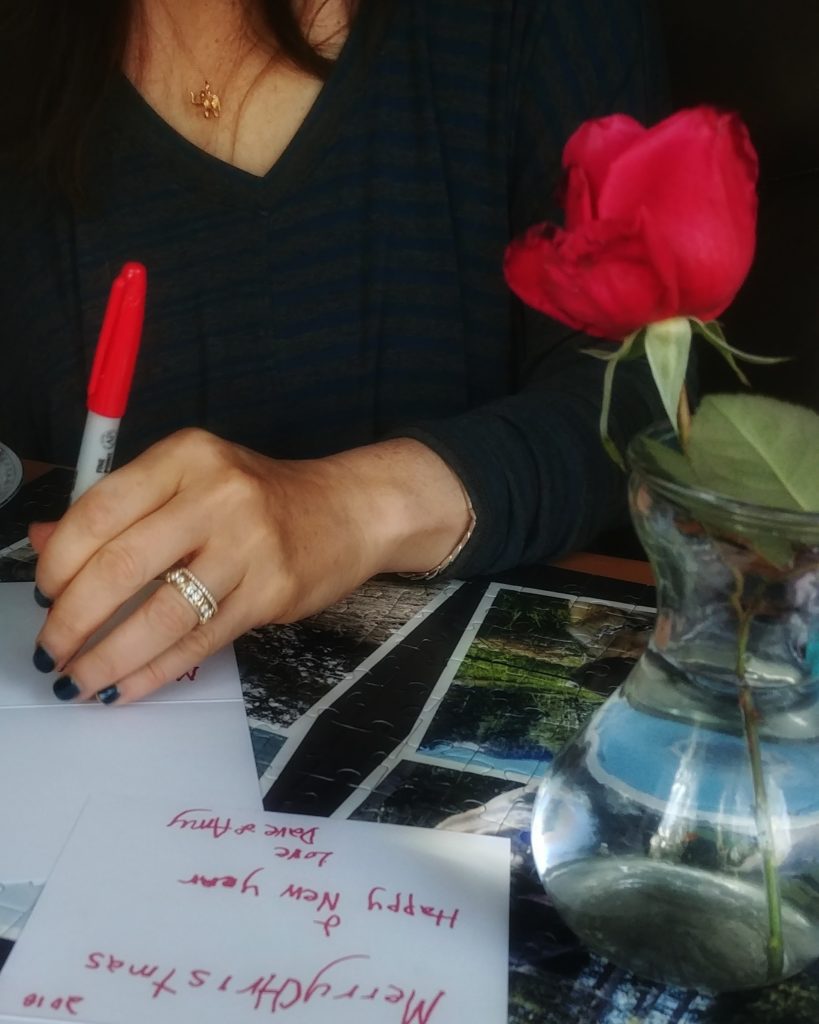
What People with Aphasia and Professionals Can Learn From Me
As a caregiver, I am tasked with and motivated to do the job, but without any training or education on the subject, like an SLP. We are equal partners on the treatment team. I invest great hope, respect, and appreciation in my wife’s SLP team.

Professional
Melinda works at Stroke and Aphasia Recovery (STAR) Program in Lubbock Texas. She’s a featured affiliate.
I’ll never forget the first person in met with aphasia. It was 1989, and I was a graduate student completing an externship at a hospital. I will always be grateful to Mr. X for all that he taught me.

What I’ve Noticed Along the Way
The biggest frustrations seem to be the loss of connections with friends (and sometimes family members) for persons with aphasia. The biggest joys are empowering people with aphasia to participate in life again by connecting with others.
There Are Things That Help
Group therapy helps. I have witnessed group therapy provide amazing psychosocial support and empowerment.
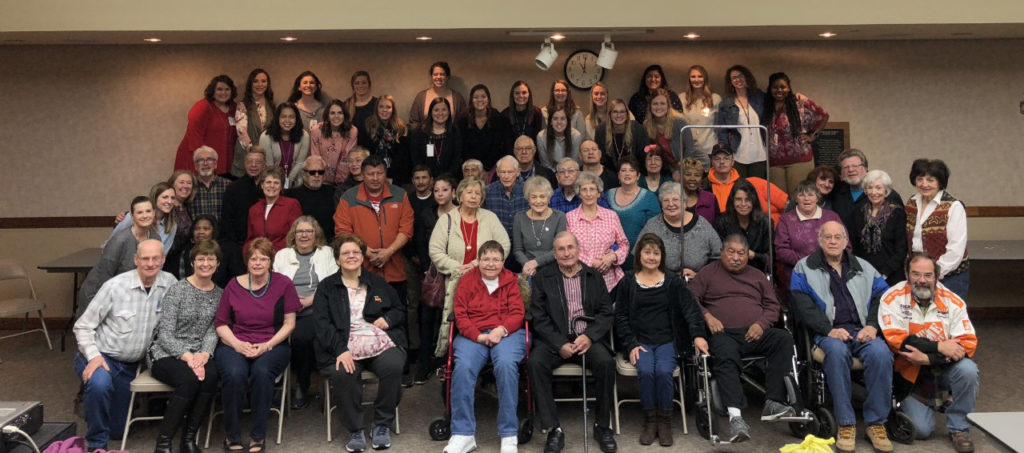
And I Encourage New Professionals to Learn About Aphasia
People training to be SLPs should meet people with aphasia and their families where they are. Listen and observe them carefully, and you will learn much.
What People with Aphasia and Caregivers Can Learn From Me
I am honored to meet and work with people who have aphasia and their families every day. I don’t have all of the answers, but I believe I have learned some techniques and identified some tools that may be helpful in their life journeys with this condition.

Want to Be Featured in a Future Article?
Aphasia Threads is an on-going project created by the National Aphasia Association. If you’d like to be featured, please read the opening post for more information or fill out our form and we’ll contact you.
